Fidel Castro, one of the most influential figures of the 20th century, left an indelible mark on the global struggle for socialism and anti-imperialism. As the leader of the Cuban Revolution and the architect of Cuba’s socialist state, Castro defied immense challenges—from U.S. economic embargoes to internal counter-revolutionary pressures—while striving to build a society rooted in equity, solidarity, and collective well-being. His life and legacy remain pivotal in understanding the aspirations and struggles of socialist movements worldwide.
Early Life and the Path to Revolution
Born on August 13, 1926, in Birán, Cuba, Fidel Alejandro Castro Ruz was raised in a relatively privileged family. He pursued law at the University of Havana, where he became deeply involved in student activism and anti-imperialist movements. This engagement sharpened his awareness of the economic inequality and political corruption that plagued Cuba, largely under the influence of U.S. imperialism.
In the early 1950s, Cuba was under the dictatorship of Fulgencio Batista, a regime notorious for its repression, economic dependency on the United States, and prioritization of foreign corporate interests over the Cuban people. This system entrenched wealth among elites while leaving the majority of the population in poverty. Disillusioned with electoral politics, Castro turned to revolutionary methods. His attempt to storm the Moncada Barracks in 1953, though unsuccessful, marked the beginning of his lifelong commitment to revolutionary change. Arrested and sentenced to prison, Castro declared in his defense speech, “History will absolve me,” outlining his vision for a just and sovereign Cuba.
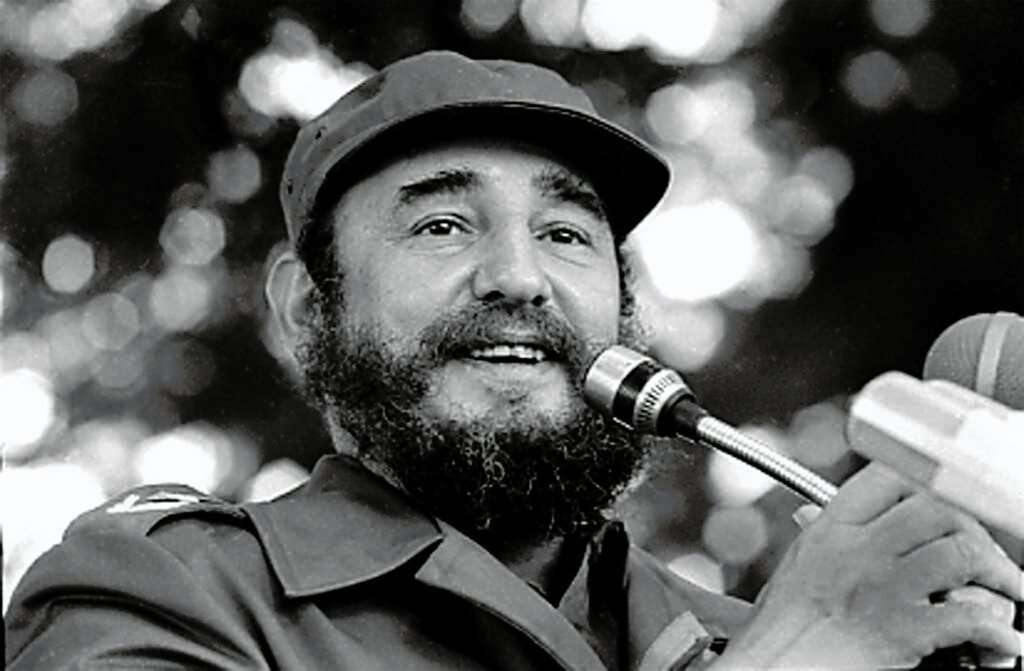
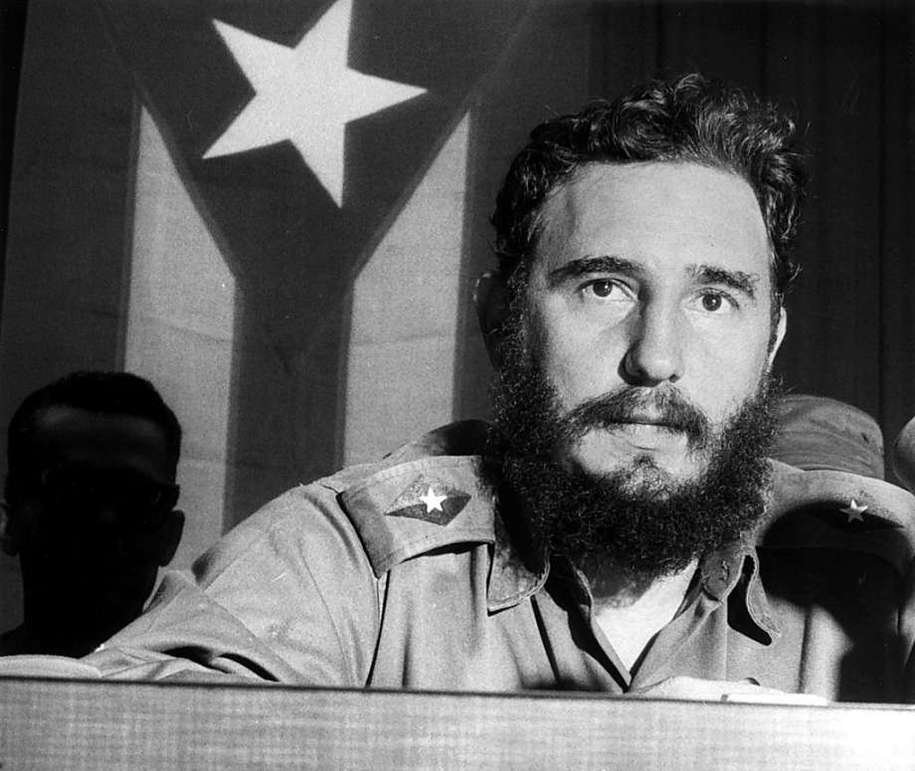
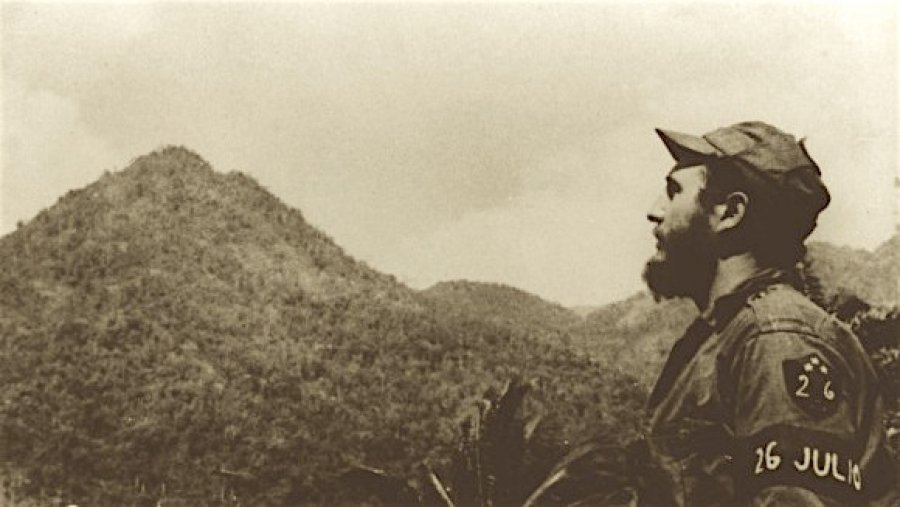
The Cuban Revolution
After his release in 1955, Castro regrouped in Mexico, forming the 26th of July Movement alongside figures like Ernesto “Che” Guevara. In December 1956, he returned to Cuba with a small group of revolutionaries, launching a guerrilla war in the Sierra Maestra mountains. Despite initial setbacks, the movement gained widespread support from peasants, workers, and intellectuals disillusioned with Batista’s regime.
On January 1, 1959, the Cuban Revolution triumphed, and Batista fled the country. Castro assumed leadership of a new government committed to dismantling the structures of imperialism, inequality, and exploitation. Nationalizing key industries, redistributing land, and investing in healthcare and education, Castro’s policies sought to uplift the Cuban people and establish a society based on socialist principles.
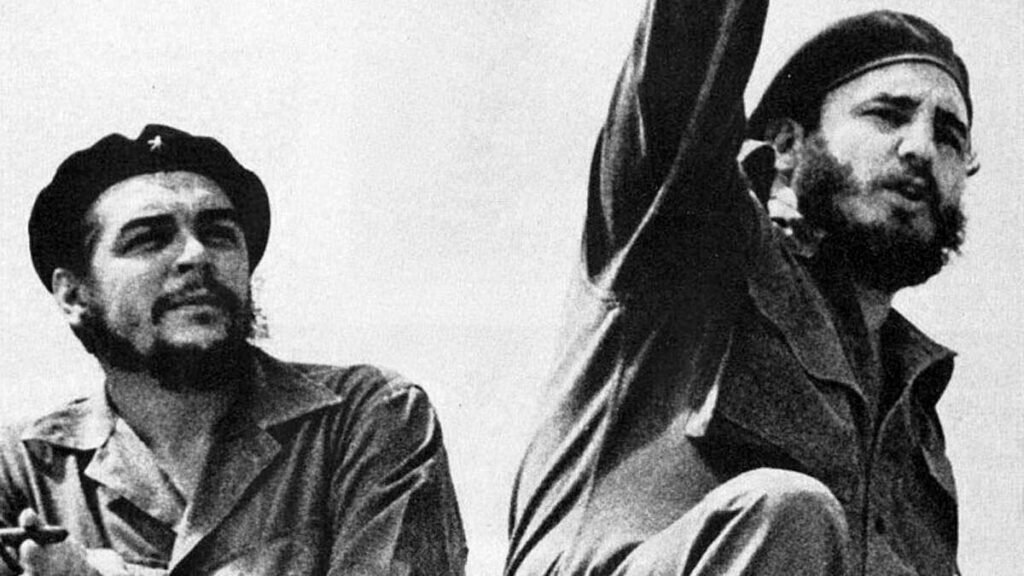
Achievements of the Revolution
Under Castro’s leadership, Cuba achieved remarkable social gains despite being a small island nation subjected to decades of U.S. sanctions and hostility. Key accomplishments of his administration include:
Healthcare and Education: Castro prioritized universal access to healthcare and education, transforming Cuba into a model of social welfare. The country achieved one of the highest literacy rates in the world, and its healthcare system, based on preventative care, became globally renowned. Cuban doctors were deployed worldwide to assist in humanitarian crises, embodying the ethos of international solidarity.
Economic Redistribution: Land reforms broke up large estates and redistributed agricultural land to the peasantry. Industries, previously dominated by foreign corporations, were nationalized, ensuring that profits served national development rather than foreign shareholders.
Anti-Imperialism and Solidarity: Castro’s Cuba played a leading role in supporting liberation movements across the Global South. From aiding anti-apartheid struggles in South Africa to supporting independence movements in Angola and Namibia, Cuba became a symbol of resistance against colonialism and imperialism.
Cultural and Scientific Development: Investments in culture and science flourished under Castro’s leadership. Cuban achievements in biotechnology, sports, and the arts gained international recognition, showcasing the potential of a socialist state to foster innovation and creativity.
Challenges and Criticism
While Castro’s legacy is celebrated by socialists and anti-imperialists, his government faced significant challenges and criticism. The U.S.-led economic embargo severely constrained Cuba’s economic development, creating shortages and hardships for ordinary citizens. Internally, critics accused the government of suppressing political dissent and restricting civil liberties, arguing that centralized control hindered democratic participation.
However, Castro and his supporters argued that such measures were necessary to protect the revolution from constant subversion by the U.S. and its allies. The Bay of Pigs invasion in 1961 and numerous assassination attempts on Castro illustrate the existential threats Cuba faced, necessitating a strong defense of the revolutionary state.
Legacy and Influence
Fidel Castro’s impact extends far beyond the borders of Cuba. For socialists and anti-imperialists, he represents the possibility of challenging entrenched systems of exploitation and envisioning alternative futures. His defiance of U.S. hegemony inspired countless movements across Latin America, Africa, and Asia. Leaders such as Nelson Mandela praised Castro for his unwavering solidarity, particularly in the struggle against apartheid.
Cuba’s enduring commitment to socialism, even after Castro’s death in 2016, demonstrates the resilience of his vision. Despite immense challenges, the Cuban people continue to uphold the ideals of equity and sovereignty that defined the revolution.
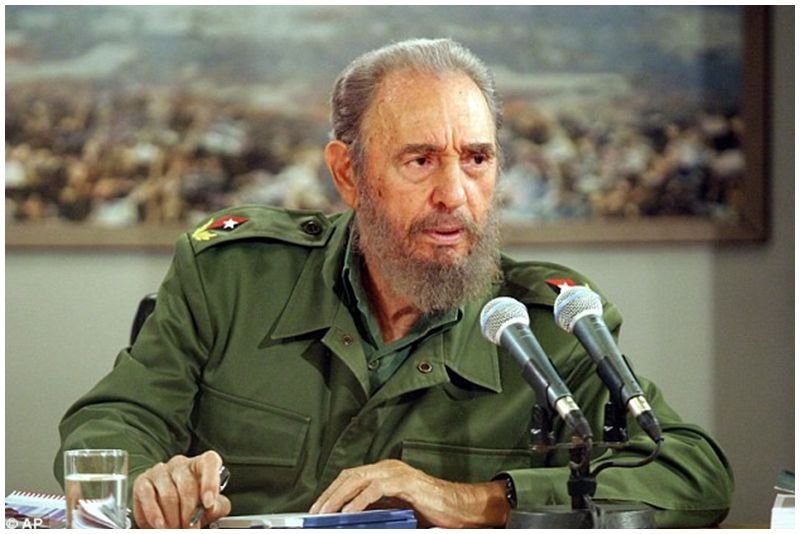
Fidel Castro remains a towering figure in the history of socialism and anti-imperialism. His life exemplifies the pursuit of justice in the face of overwhelming odds. While his methods and policies invite debate, the achievements of the Cuban Revolution under his leadership cannot be dismissed. Castro’s legacy challenges us to consider what is possible when a society prioritizes collective well-being over private profit, and it invites new generations to carry forward the struggle for a more equitable and humane world.

